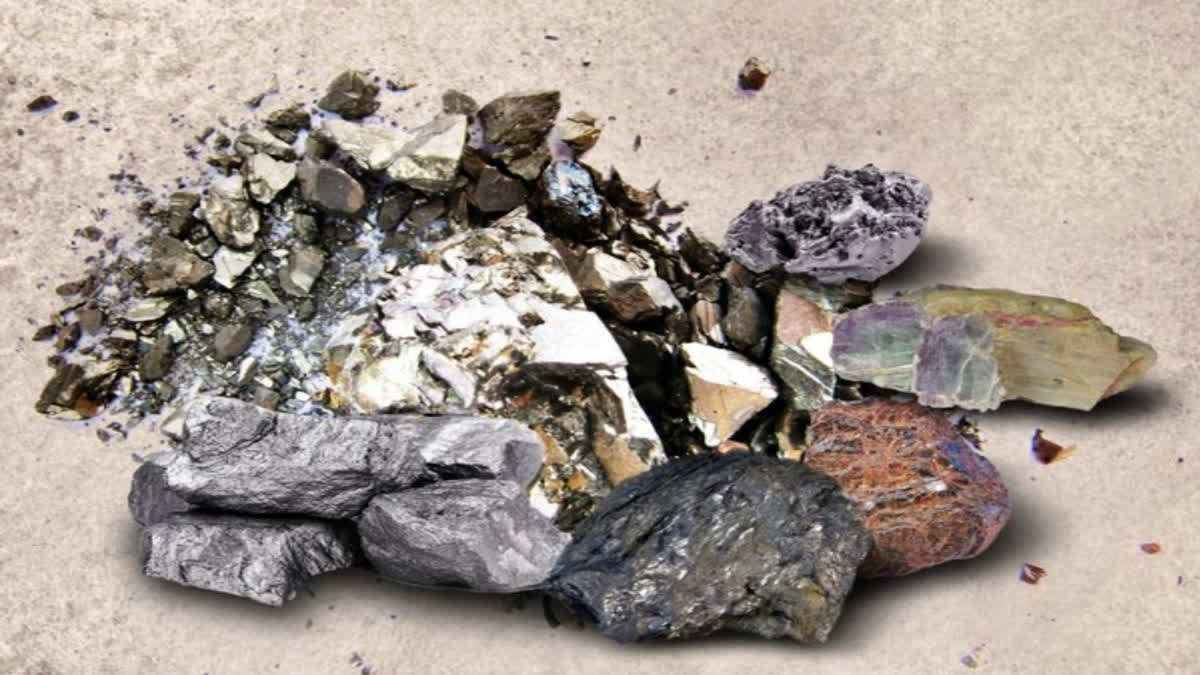New Delhi: India has identified 30 critical minerals taking into account its requirements for sectors like defence, agriculture, energy, pharmaceutical, and telecom and in line with its Atmanirbar (self-reliance) roadmap. The first ever report titled 'Critical Minerals for India', prepared by an expert team constituted by the Ministry of Mines was unveiled in a function Wednesday by Union Minister of Coal, Mines Pralhad Joshi.
Those critical minerals are Antimony, Beryllium, Bismuth, Cobalt, Copper, Gallium, Germanium, Graphite, Hafnium, Indium, Lithium, Molybdenum, Niobium, Nickel, PGE, Phosphorous, Potash, REE, Rhenium, Silicon, Strontium, Tantalum, Tellurium, Tin, Titanium, Tungsten, Vanadium, Zirconium, Selenium, and Cadmium. They are expected to serve as a guiding framework for policy formulation, strategic planning and investment decisions in the mining sector. Critical minerals are those minerals that are essential for economic development and national security.
"The future global economy will be underpinned by technologies that depend on minerals such as lithium, graphite, cobalt, titanium, and rare earth elements. These are essential for the advancement of many sectors, including high-tech electronics, telecommunications, transport, and defence. They are also vital to power the global transition to a low carbon emissions economy, and the renewable energy technologies that will be required to meet the 'Net Zero' commitments of an increasing number of countries around the world," the executive summary of the report read.
